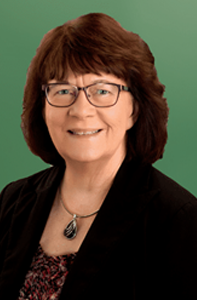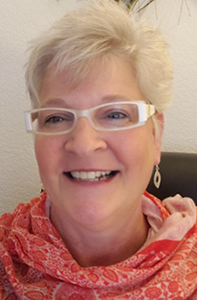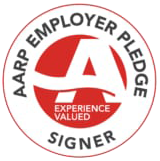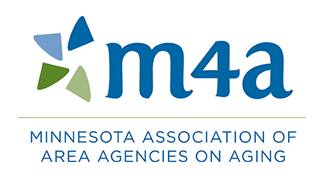MNRAAA Executive Director Jason W. Swanson invited to the White House
The Minnesota River Area Agency on Aging (MNRAAA) Executive Director Jason W. Swanson attended the Communities in Action: Building a Better Minnesota event at the White House on March 1.
The White House Office of Intergovernmental Affairs and the Office of Public Engagement hosted over 50 state and local elected officials and community leaders across Minnesota. Minnesota was the thirteenth state highlighted in a series of “Communities in Action” events that the White House is hosting with state, local and tribal leaders to demonstrate how the Biden-Harris Administration delivers results for the American people.
During the half-day forum, participants heard from Biden-Harris Administration officials – including Department of Veteran’s Affairs Secretary Denis McDonough, Chair of the Council on Economic Quality Brenda Mallory, White House Infrastructure Coordinator Mitch Landrieu, White House American Rescue Plan Coordinator Gene Sperling, Senior Advisor and Director of Public Engagement Keisha Lance Bottoms, Director of the Domestic Policy Council Susan Rice, and Senior Advisor and Director of Intergovernmental Affairs Julie Chavez Rodriguez – about the benefits and impact of President Biden’s American Rescue Plan, Bipartisan Infrastructure Law, Inflation Reduction Act, and the CHIPS and Science Act for working families in Minnesota.
“It was a tremendous honor to attend this event. I was privileged to provide an update on our providers’ work during the pandemic and our continued work to expand our programs as we move away from the pandemic,” stated Swanson.
Swanson also addressed Secretary McDonough, a Minnesota native himself, about the forthcoming Veterans Directed Care program expansion. “MNRAAA has partnered with the Sioux Falls VA since 2008. We are happy to see potential expansion to other areas. It was nice to hear the Secretary’s comments on this important program.”
Minnesota Governor Tim Walz provided video remarks, and White House officials heard from participants on the positive impact of these legislative accomplishments. They also discussed how the Biden-Harris Administration would continue to work with states and local governments, labor leaders, businesses, nonprofits, education, and healthcare leaders to leverage these historic investments to create and expand opportunities for working families.
After the meeting, Swanson and fellow Area Agency on Aging Director, Dawn Simonson, met with staff from the Administration for Community Living (ACL). A discussion was had about continued partnerships and collaboration between the aging and disability divisions.
ACL was created around the fundamental principle that older adults and people of all ages with disabilities should be able to live where they choose, with the people they choose, and with the ability to participate fully in their communities.
“MNRAAA will continue to partner with ACL to assist older adults to thrive,” stated Swanson.

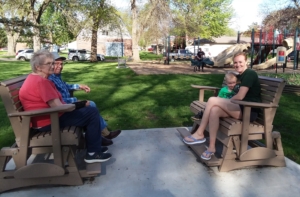 One example of a low-cost need identified through a community survey was the need for a handrail on outdoor steps to assist people with accessing a local building. A group of volunteers installed a handrail within a few days of identifying the need. In another community, the need for gatherings was identified. The community’s churches decided to rotate offering a meal to older adults once a month, with volunteer programs also offered each month. In a town of 800 people, the monthly luncheons averaged an attendance of 50 – 60 people.
One example of a low-cost need identified through a community survey was the need for a handrail on outdoor steps to assist people with accessing a local building. A group of volunteers installed a handrail within a few days of identifying the need. In another community, the need for gatherings was identified. The community’s churches decided to rotate offering a meal to older adults once a month, with volunteer programs also offered each month. In a town of 800 people, the monthly luncheons averaged an attendance of 50 – 60 people.